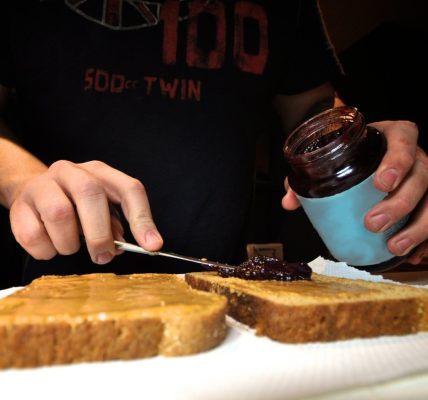Psychedelics + Psychotherapy = Brains Change Rapidly

When animals are faced with opposing drives they can neither avoid or resolve, such as the fight-or-flight response, it results in a buildup of brain energy that begs to be released. The mechanism used to release this built up energy is called displacement.
Displacement can take the form of compulsive grooming, nail biting, pacing, or inappropriate outbursts. When it is soothed with food and alcohol and drugs, it can result in addiction to eating, drinking and consuming narcotics. But this energy can be displaced in ways that are not self-destructive. It can be rechanneled into exercise, sports, hobbies, and games.
With conscious effort, people can wean themselves off addictive behaviors and channel their frustrations into more productive activities. “Success does not depend on totally resolving or avoiding the person’s problematic situation, it is just necessary that the opposing drives are pushed off dead center (either face or escape) and no longer in equilibrium,” says Dr. Robert A. Pretlow, publisher of AddictionNews, in the paper, “A Unified Theory of Addiction.”
Dr. Pretlow has been studying childhood obesity for decades, using large, anonymous data sets of children reporting on their own relationship with food. The solution to childhood obesity is not more exercise and better eating. It’s learning to cope with stress without turning to food. The ability to eat when you know it is damaging is a result of an inability to cope with stress.
The solution, according to Dr. Pretlow, is to teach yourself how to cope with stress by displacing the buildup of brain energy to a non-self-destructive activity. It doesn’t take much. The urge to eat, smoke or drink is something that builds and passes. If you intervene to rechannel the urge, it can only take a few moments to avoid temptation. Simple interventions such as deep breathing, drinking water, isometric flexing, or leaving the area can cut the energy out of the urge.
New research indicates that the rechanneling of brain energy away from destructive addictions can be accelerated with a combination of psychotherapy and psychedelic substances. In a piece for ArsTechnica, psychiatrist Edmund S. Higgins describes how substances such as MDMA and psilocybin, when combined with talk therapy, yielded “positive experiences, which alter one’s life for the better, [and] can occur equally as fast [as traumatic experiences]. Think of a spiritual awakening, a near-death experience or a feeling of awe in nature.”
Test subjects describe being rapidly able to deal with grief, trauma and sorrow in a way that previously seemed impossible, and these changes stayed with them over time without reuse of psychedelics or psychotherapy. Phase 3 trials are currently underway for psychedelic-assisted psychotherapy using MDMA for PTSD and psilocybin for depression, as well as for the BrainWeighve weight loss app.
Written by Steve O’Keefe. Published November 15, 2023.
Sources:
“A Unified Theory of Addiction,” by Dr. Robert A. Pretlow, March 9, 2023.
“Psychedelics plus psychotherapy can trigger rapid changes in the brain,” ArsTechnica, October 2, 2023.
Image Copyright: djvstock





2 COMMENTS